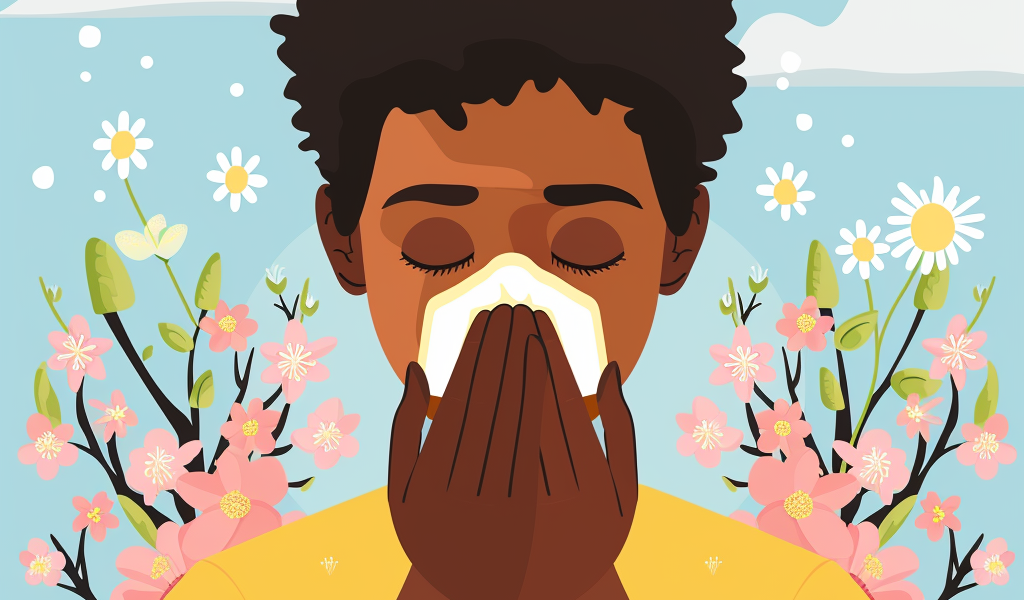As the climate crisis continues to affect the environment, the question of whether symptoms are due to seasonal allergies or a common cold becomes increasingly relevant. With the lengthening and intensifying of allergy seasons, it can be challenging to differentiate between a runny nose caused by pollen or a virus. The emergence of greenery in spring brings with it an increase in allergens, leading to confusion for many individuals.
Dr. Jesse Bracamonte, a family physician with Mayo Clinic Family Medicine, points out that both allergies and colds present similar symptoms such as nasal stuffiness, a runny nose, and sneezing, making it easy for people to mistake one for the other. With rising global temperatures, allergy seasons have extended, and pollen concentration has increased significantly over the years. For instance, in the US, the pollen season has grown by 20 days, while pollen concentration has surged by 21% between 1990 and 2018. Similarly, the UK’s Health Security Agency (UKHSA) warns that pollen allergy season, traditionally starting around March, may now commence as early as January or February.
To help individuals distinguish between seasonal allergies and a cold, we consulted experts to provide insights into the two conditions. Seasonal allergies, also known as hay fever or seasonal allergic rhinitis, occur when the body’s immune system overreacts to perceived harmful substances. These allergies affect approximately one-quarter of adults in the US and the UK, with symptoms peaking during seasonal changes when plants release pollens that trigger sensitive immune systems.
Dr. Neeta Ogden, director of the Allergy, Asthma and Sinus Center in Edison, New Jersey, and spokesperson for the Asthma and Allergy Foundation of America, notes that tree pollen is the primary allergen in spring. The symptoms of seasonal allergies include sneezing, runny nose, itchy eyes, and congestion. On the other hand, a cold is caused by a viral infection and may present with similar symptoms, making it difficult to differentiate from seasonal allergies.





